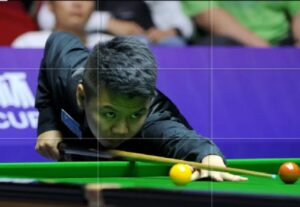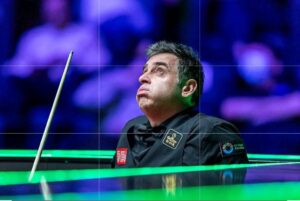NBA Playoffs Landscape Shifting: The Rise of the Underdog and the Fall of Predictability
Recent postseason trends continue to defy the traditional NBA playoff script, and it’s becoming more apparent every year: the postseason is no longer as “chalky” as it used to be. Historically, only four teams per year, on average, would win a playoff series without home-court advantage. But in the last five years alone, a total of 26 lower-seeded teams have bucked the trend to advance. Meanwhile, just three of the last ten No. 1 seeds have managed to reach the NBA Finals—further proof that the postseason is more unpredictable than ever.
The 2024 playoffs are a prime example. Six teams won a series despite being the lower seed, following seven such upsets in 2023. For context, before this recent wave, no postseason had featured more than five lower-seeded series winners since 1995—when the Houston Rockets, on their way to a historic title, won four series without home-court advantage.
This evolving playoff dynamic can be traced to a major shift: the increasing importance of the trade deadline. The NBA’s modern transactional landscape means rosters look significantly different in April than they do in November. Recent examples include the 2024 Dallas Mavericks and the 2022 Boston Celtics, who both used trade deadline moves to bolster deep postseason runs without dominating the regular season.
That said, this season’s NBA also has a top-heavy feel. The Oklahoma City Thunder, Cleveland Cavaliers, and Boston Celtics dominated the standings, while just four teams met the “52-3-3” criteria—52 or more wins, a top-three seed, and at least a +3.0 scoring margin. Historically, 44 of the last 45 champions have checked those boxes, making the field feel narrower despite recent chaos.
Still, first-round drama looms. In at least six of this year’s matchups, the home-court team lost the regular-season series—a potential upset warning. And second-round unpredictability remains a theme, with home-court teams going just 7-13 in those matchups over the past five years.
So where does all of this leave us? In an era of thrilling uncertainty. While the eventual champion may still fit the mold of a historically dominant team, the path there is increasingly filled with twists, surprises, and reasons to watch every single game.



